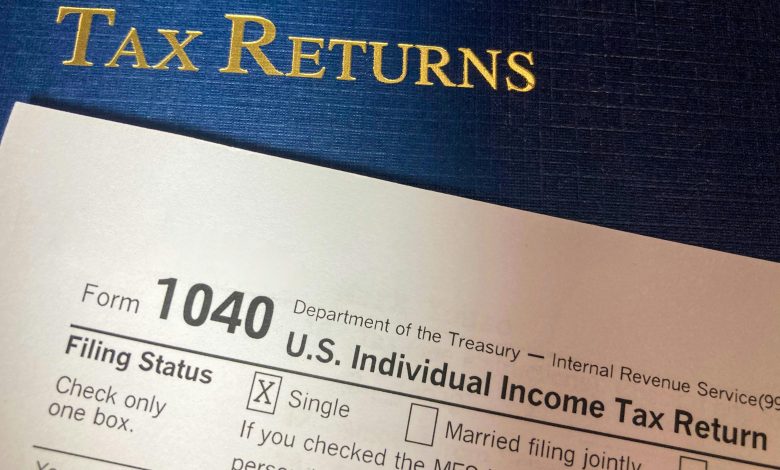ITAT QUASHES OLD REGIME TAX DEMAND AFTER INCOME TAX PORTAL E-FILING GLITCHES BLOCKED FORM 10-IC SUBMISSION

ITAT Quashes Old Regime Tax Demand After Income Tax Portal E Filing Glitches Blocked Form 10 IC Submission
A recent ruling by the Income Tax Appellate Tribunal has brought major relief to taxpayers who faced demands under the old tax regime only because the government portal failed to accept Form 10 IC on time. This decision highlights a simple truth. When a taxpayer acts in good faith and the official system breaks down, the burden should not fall on the individual. The case also adds weight to a growing list of rulings that recognize technical glitches as a valid reason for delayed compliance.
The dispute began when a taxpayer attempted to file Form 10 IC, which is required to opt for the concessional corporate tax regime under section 115BAA. The deadline was met in spirit. The taxpayer logged in, tried to upload the form, and followed every instruction. But the income tax portal refused to accept the form due to system errors. Multiple attempts failed. The taxpayer even raised helpdesk tickets and kept evidence of the effort. Despite this, the assessing officer denied the concessional regime and raised a demand under the old tax structure.
The taxpayer appealed, arguing that the intent to opt for the new regime was clear and that the failure was caused only by portal malfunctions. The department maintained that the law required Form 10 IC to be filed within the prescribed time and that the absence of the form made the taxpayer ineligible. This strict view ignored the core issue. The law allows the taxpayer to choose the regime. The technical platform is only a method to submit that choice.
The ITAT took a practical and fair approach. It reviewed the taxpayer’s records, including screenshots, emails, and helpdesk communications showing attempts to upload the form before the deadline. The tribunal noted that the Central Board of Direct Taxes had repeatedly acknowledged filing issues on the portal during the relevant period. It also pointed out that procedural requirements should not override the substance of a claim when the taxpayer has made genuine efforts.
By quashing the old regime tax demand, the ITAT reinforced two key principles. First, taxpayers cannot be penalized for failures of the government’s own system. Second, intent supported by documented effort is enough to establish compliance when the method of submission breaks down. The ruling also encourages officers to take a more balanced view when technical issues interfere with filing obligations.
This decision matters beyond the individual case. It sets a helpful precedent for any taxpayer struggling with portal errors. It supports fairness, reduces unnecessary litigation, and pushes the administration to strengthen digital systems. As more processes move online, such clarity becomes vital. A system designed to simplify compliance should not trap honest taxpayers due to software failures.
Conclusion
The ITAT’s ruling sends a clear message. Compliance should be judged by intention and effort, not by the success or failure of a digital platform. By setting aside the old regime tax demand, the tribunal restored fairness and reminded authorities that technology should support taxpayers, not punish them. This outcome serves as a strong example of balanced tax administration and protects taxpayers from the consequences of system driven barriers.



